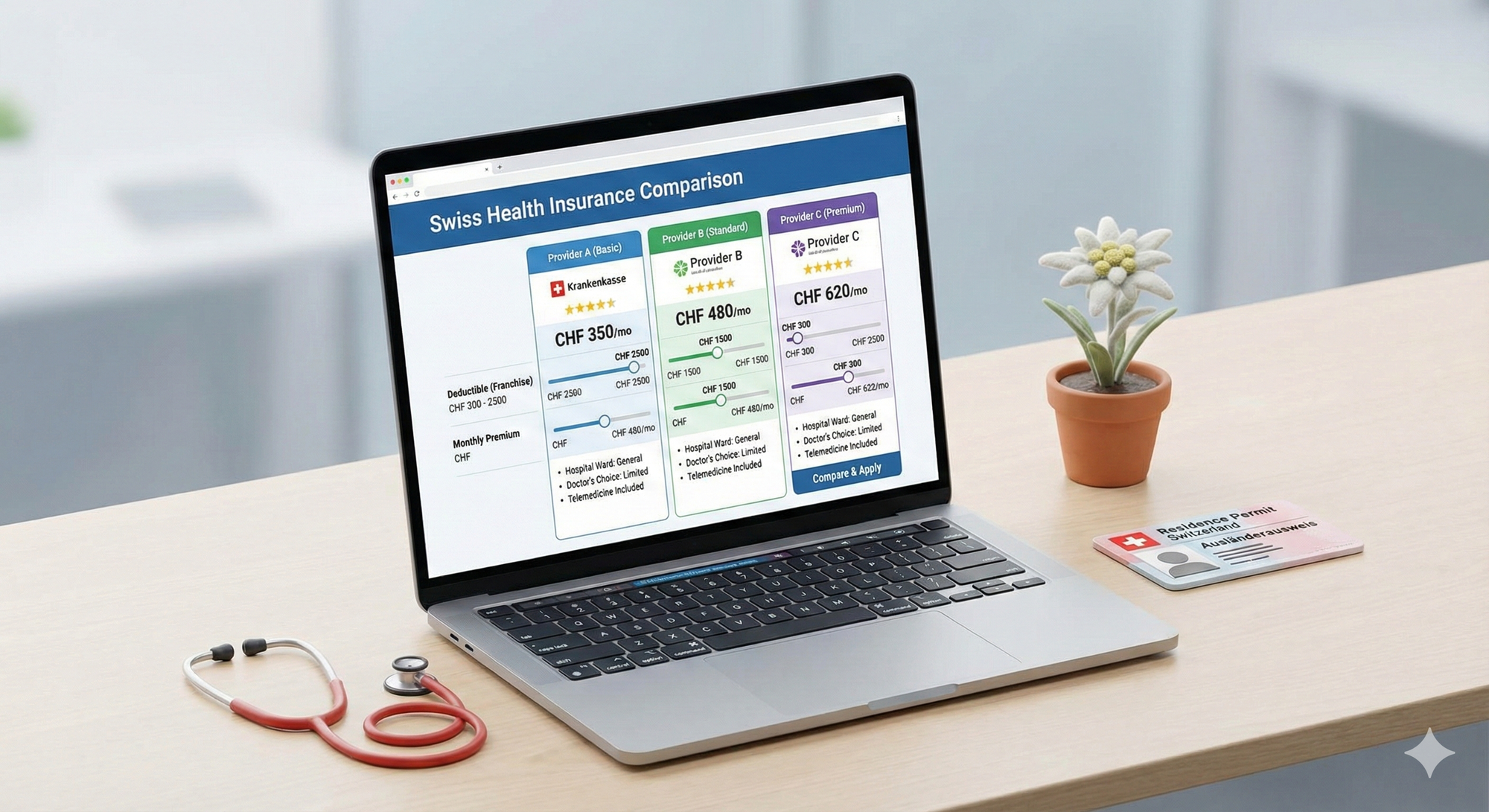Swiss Health Insurance for EU Expats
Moving to Switzerland is an exciting adventure - stunning landscapes, excellent quality of life, and a world-class healthcare system await. However, as an EU expat, navigating Switzerland’s health insurance system can feel daunting at first.

